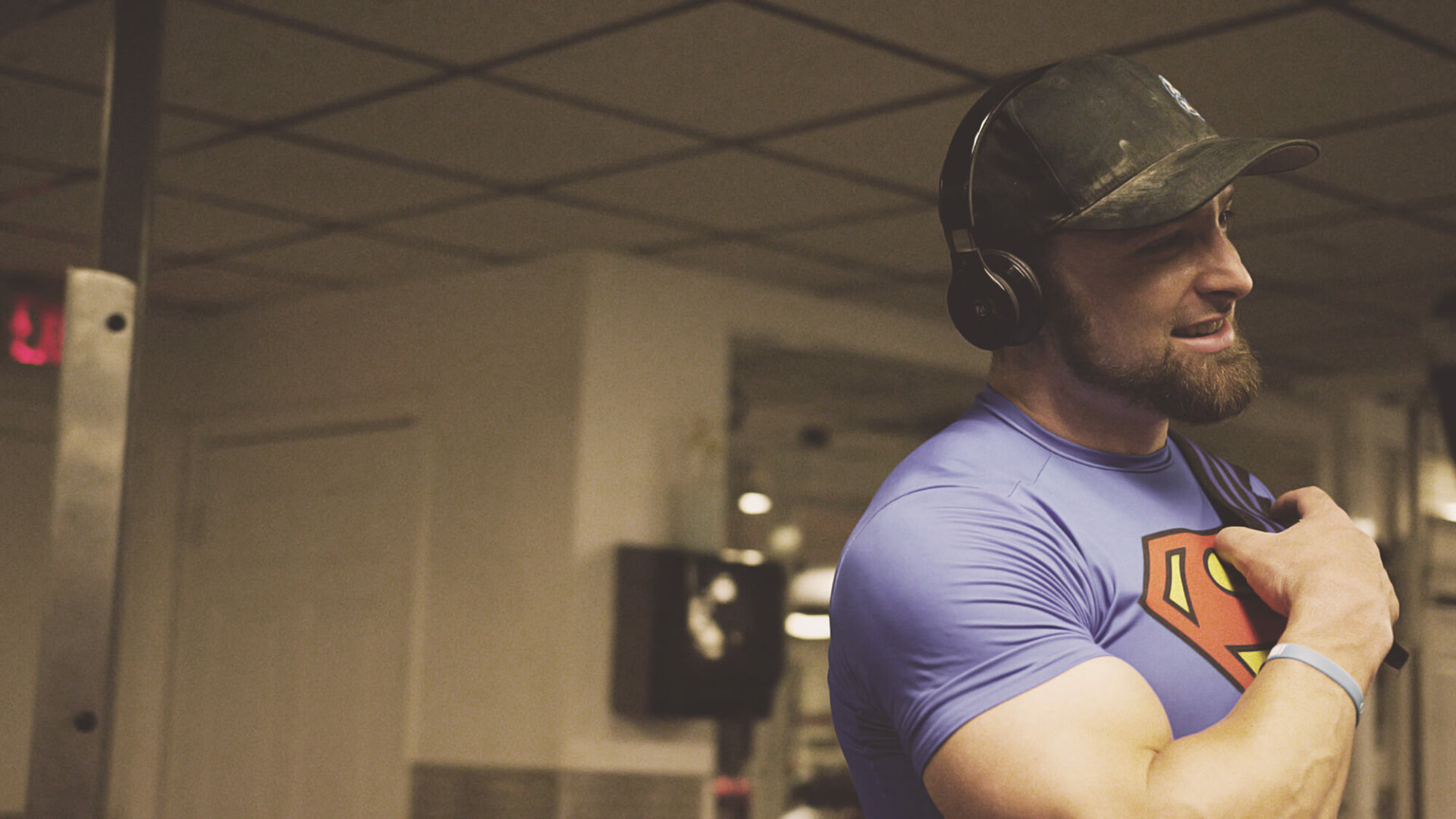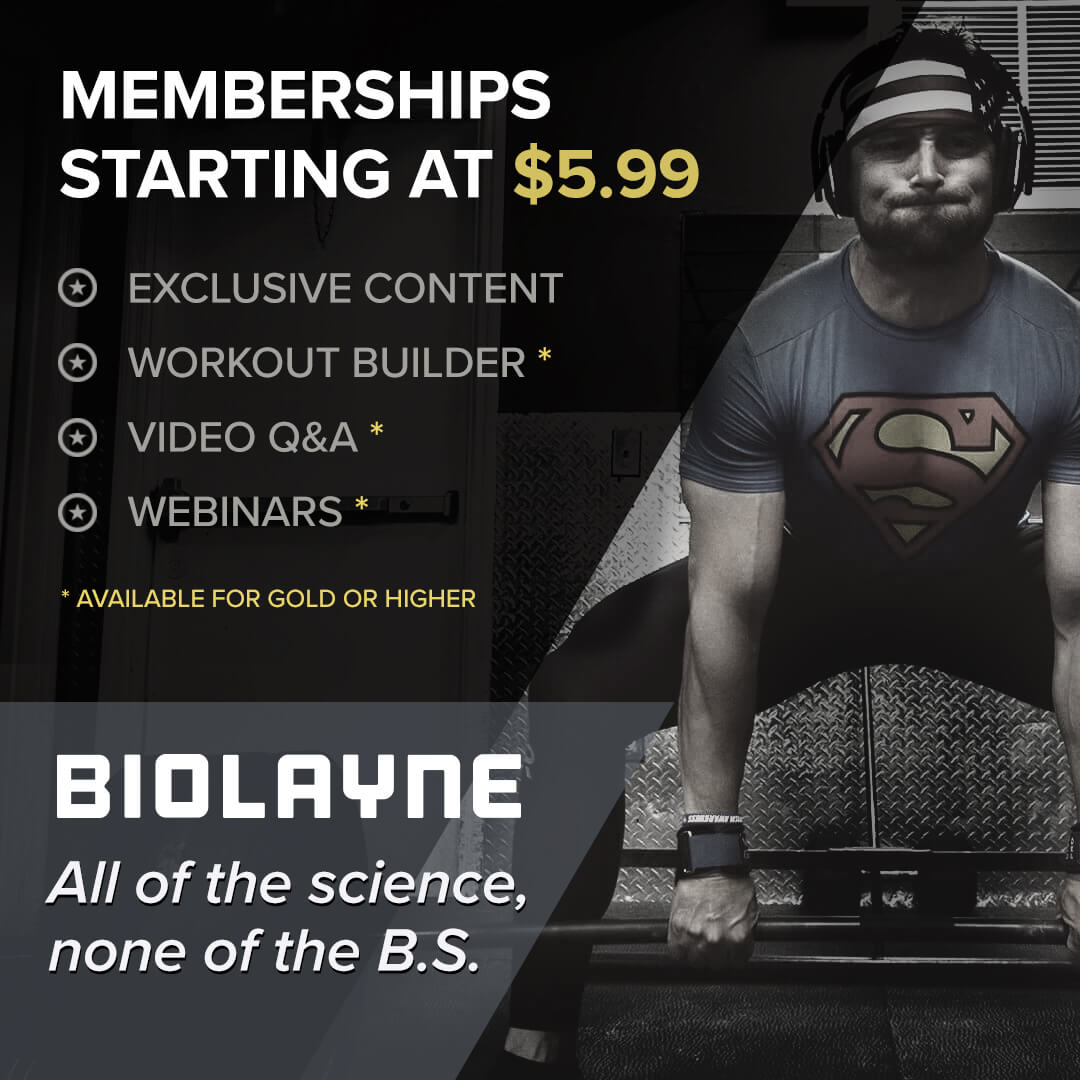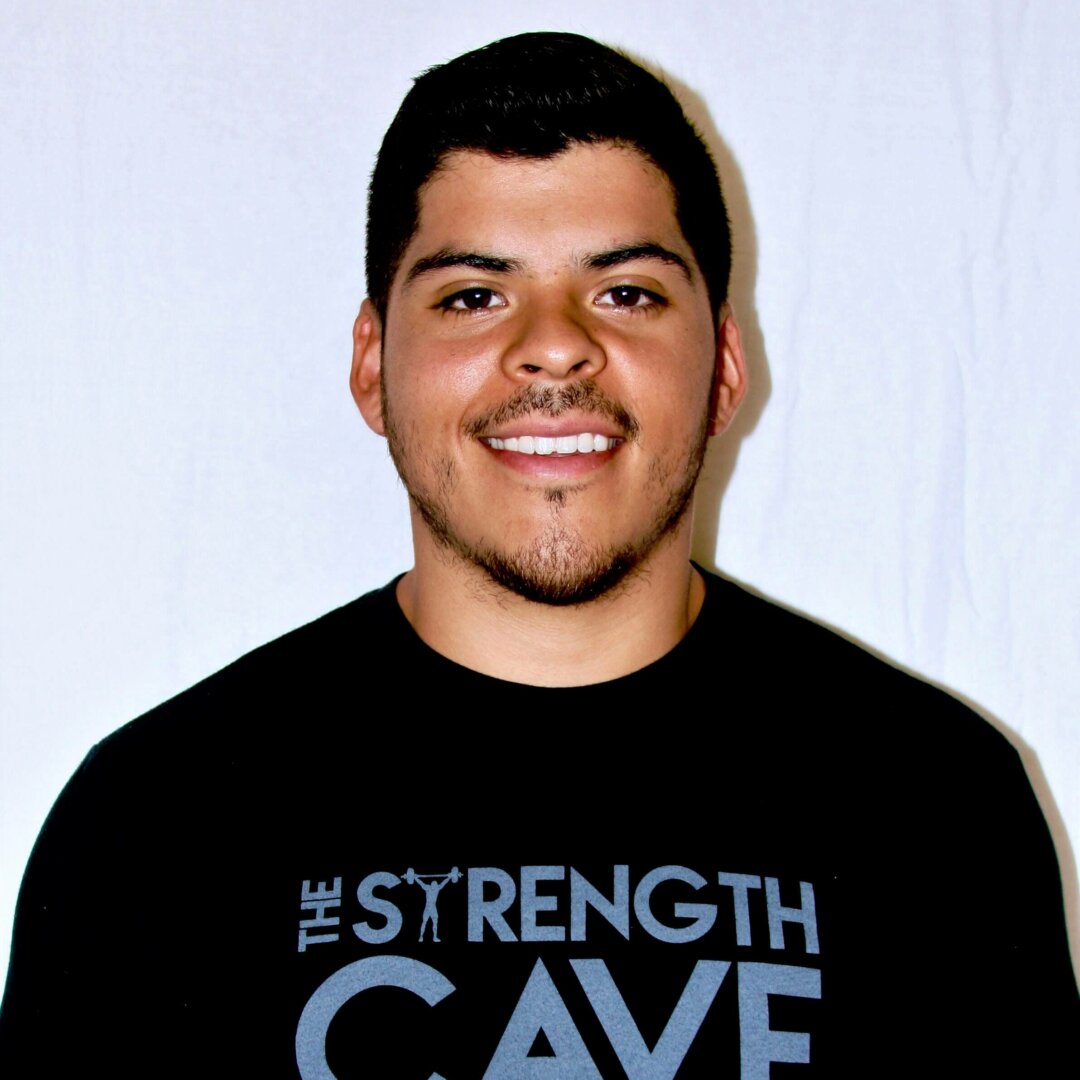Despite the wealth of information that exists on health and fitness, keeping ourselves healthy can be a challenge. Everyone knows that exercising goes a long way toward staying fit. However, exercise might only make up about 5% of our day. So how does our behavior throughout the rest of the day impact our health? Certainly the behaviors that make up the other 95% of our time must have a significant impact on our well-being.
Unfortunately, we’ve gotten away from basic behaviors that have been part of human life for many years. For example, the lives of past generations often included a fair amount of physical activity. Jobs were more labor intensive and transportation was centered less around cars. Some of us now choose to engage in a structured exercise program in an attempt to replace the physical activity we have lost as a product of our modern lifestyle. However, the same can’t be said for every behavior that we have abandoned from our past.
Given our nature as creatures of habit, it can be difficult to break away from the routine of our everyday life. After all, very few people today choose to meet the minimum physical activity recommendations. However, if your goal is to live long and prosper, certain practices are worth adding to or removing from your daily routine.
Managing Stress
Perhaps the most significant addition to our modern day lives would be the stress we endure on a daily basis. Whether it be deadlines, finances, or family issues, the stress never seems to stop. So how can we go about removing it from our lives? First we need to become aware of how it manifests for each of us. What keeps you up at night or bothers you throughout the day? What problems do you spend 80% of your time battling?
Whatever the case is for you, consider trimming the fat so to speak. Look to make your life run as efficiently as possible. Is picking up that extra shift or client really worth the extra time and effort at this moment? What apps or services can you invest in that will help you save time and headaches? Look at things objectively and avoid taking on too much at once. Although it may require some time and cost up-front, laying the brickwork now for an easier lifestyle later is well worth the effort.
It may also be helpful to take some time to clear the mind and reflect on a daily basis. For many, the time they spend in the gym might do the trick. However, others may find they need something more to really quiet the mind. Deep breathing techniques and meditation can be a great tool for managing stress. As little as 12 minutes of meditation can be enough to shift brain activity in favor of better focus and reduced anxiety.
Regulating Our Circadian Rhythm
It is no secret that humans are diurnal animals. Our body naturally responds to the rhythm of light and darkness through the rising and setting of the sun. Several mechanisms in the human body depend on our regular exposure to both light and darkness throughout a given day.
Unfortunately, most people do not have a regular schedule of sun exposure. We spend the vast majority of our day indoors and tend to expose ourselves to bright light well into the night via cell phones, televisions, house lights, etc.
As crazy as it may sound, simply taking a walk in the sun once or twice a day can be of huge benefit. First, the added exercise should speak for itself in terms of its impact on our health, stress, and mood. But the sun exposure we will get should not be overlooked. Upon exposure to UVB radiation, the cells in our skin undergo a reaction to produce Vitamin D which is essential for the expression of over one thousand genes in the body. Vitamin D deficiency is a widespread issue and is associated with an increased risk of cancer, type II diabetes, and even Multiple Sclerosis. Although it is possible to supplement Vitamin D to make up for a deficiency, the efficiency of absorption and assimilation into our bodies can vary widely from person to person which makes simple sun exposure a more consistent source.
Vitamin D is not the only benefit we can gain from sun exposure, however. Several other health related mechanisms in the body are regulated by sunlight as well. Two key hormones that ebb and flow with exposure to sunlight are serotonin and melatonin. During the day, upon exposure to bright light (i.e. the sun), serotonin is released, which has vast implications on the body from memory and mood, to digestion, and even organ growth and development. So, taking a walk in the sun can literally put you in a good mood through the release and impact of serotonin.
As night falls, the lack of optic exposure to light triggers a series of reactions which converts the serotonin to melatonin. This hormone plays a critical role not only in regulating our sleep-wake times, but also functions as a powerful antioxidant. In fact, studies have found that melatonin is one of the most effective antioxidants known today. It makes perfect sense that this would be the case as it corresponds with our sleep time in which the majority of our repair and growth takes place. Basically, it helps us to get a good night of sleep while also repairing and protecting our bodies from damage that arises from free radicals and overall inflammation.
You should know by now how important sleep is for overall function and well-being. So perhaps a good practice would be to limit exposure to bright light in the hours leading to bed. Although you may find that you can sleep just fine after scrolling through your social media feed, you may be losing out on deeper and more restful sleep along with the reparative effects that accompany a robust melatonin production.
Optimizing Your Exercise and Food Intake
I’m going to assume that if you are reading this, you definitely know that diet and exercise are important for overall health. There is hot debate over what kinds of foods to eat and when to eat them, but for the most part, you probably have an idea of which ones fuel your body best. Everyone has a their own opinions on what type of exercise is best, but we all seem to agree that moving your body in some capacity is the goal. So I won’t discuss which exercises and foods you need in order to promote health, but rather the practices that surround them.
Believe it or not, it is the recovery aspect which is most important when it comes to getting stronger and faster. If you can’t recover from the training stimulus, then you will not get better, or even worse, you’ll get hurt. The right dose of exercise is a moving target in that regard. Your lifestyle, responsibility, and workload all change and thus your capacity for recovery changes as well. So look at your training and lifestyle objectively to determine how much and how hard you should be training (Better yet, hire a professional who can make that call for you if it is within your budget).
Recovery can be tackled from a nourishment standpoint as well. How well you feed your body determines how well you can recover from exercise. Simple things like eating enough protein (~1g/lb of bodyweight) and drinking enough water (~50-60% of bodyweight in ounces) go a long way in keeping your body happy and healthy. Even practices as simple as taking the time to sit down to eat and chewing your food thoroughly are helpful. Getting your body in a parasympathetic state before eating helps to improve digestion, and of course, thoroughly chewing your food does the same. This might seem to make a small difference, but the increased efficiency adds up over the 1000+ meals you have in a year.
Conclusion
When it comes to anything in life, we must ensure that we build a solid foundation if we hope to have success. The issue with health and well-being is that we have gotten away from the foundational behaviors that keep us running optimally. Making sure to keep stress at bay is crucial, not just for sanity, but for our ability to make progress in the gym given the negative impact it has on recovery. We also can’t discount the role that sun exposure has on our well-being. Finally, being smart about your diet and exercise routine will help ensure that you get all the benefits of an active lifestyle without any of the potential hazards. Keeping each of these aspects in balance will allow you to live a long and prosperous life.
References
- Holick, M. F. (2011). Vitamin D deficiency in 2010: health benefits of vitamin D and sunlight: a D-bate. Nature Reviews Endocrinology, 7(2), 73-75.
- Lazar, S. W., Bush, G., Gollub, R. L., Fricchione, G. L., Khalsa, G., & Benson, H. (2000). Functional brain mapping of the relaxation response and meditation. Neuroreport, 11(7), 1581-1585.
- Lesurtel, M., Graf, R., Aleil, B., Walther, D. J., Tian, Y., Jochum, W., … & Clavien, P. A. (2006). Platelet-derived serotonin mediates liver regeneration. Science, 312(5770), 104-107.
- Mead, M. N. (2008). Benefits of sunlight: a bright spot for human health. Environmental health perspectives, 116(4), A160.
- Moan, J., Porojnicu, A. C., Dahlback, A., & Setlow, R. B. (2008). Addressing the health benefits and risks, involving vitamin D or skin cancer, of increased sun exposure. Proceedings of the National Academy of Sciences, 105(2), 668-673.
- NAKAMURA, M., ODA, M., WATAMABE, N., TSUKADA, N., YONEI, Y., & TSUCHIYA, M. (1982). Evidence for Direct Parasympathetic Innervation of Parietal Cells in the Rat Glandular Stomach. Okajimas folia anatomica Japonica, 59(2-3), 167-179.
- Poeggeler, B., Reiter, R. J., Tan, D. X., Chen, L. D., & Manchester, L. C. (1993). Melatonin: A potent, endogenous hydroxyl radical scavenger. J. Pineal Res, 14, 57-60.
- Muller, C. P., & Jacobs, B. (Eds.). (2009). Handbook of the behavioral neurobiology of serotonin (Vol. 21). Academic Press.


